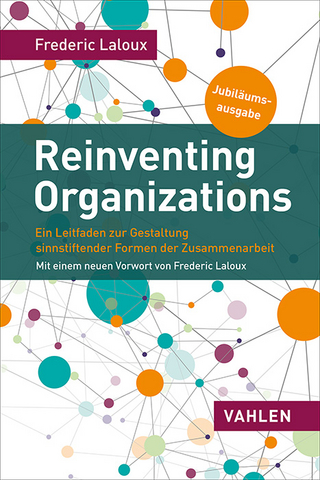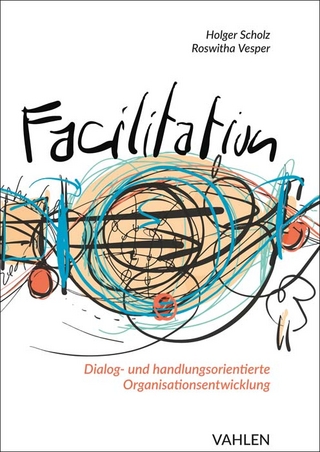
Embracing the Black Swan
Springer International Publishing (Verlag)
978-3-031-29346-7 (ISBN)
Our world is becoming ever more complex. Among the geopolitical and macroeconomic issues currently facing mankind, with serious ramifications for our future, are digitalization and technology, climate change, and globalization. Political upheaval, wars, natural disasters, economic recessions, and pandemics, have all had massive negative impacts on our society. In this new world, various governmental and organizational decisionmakers - including managers, international agencies, NGOs, political leaders, economists, science & technology innovators, and medical professionals - must all learn to anticipate and deal with these emergent risks, the integration of which, along with the management of 'black swan' events, has assumed paramount importance. This is the huge challenge now facing us.
This book, aimed at both academics and practitioners, shows how a framework for resilience can be created to help modern organizations to not only survive but to thrive. The author considers some of the organizations and bodies that can be said to be highly resilient and examines how 'Resilience Thinking' affects different disciplines and environments. He addresses the question of how resilience works and how it is applied in practice. The relationship between resilience and other knowledge areas such as complexity theory, strategy, and risk management - from both top-down and bottom-up perspectives - is examined. Situations are identified where there is a particular need for resilience, and an overview of the best ways of implementing a resilience process is offered.
Khalil Dindarian has been an engineering professional and leader at Siemens since 1995. With three decades of experience, leading and executing complex portfolios covering business development & strategy, sales, and project execution, he is an expert in both the theory and practice of a range of critical areas: strategy, organizational resilience, business agility, complexity, project management, and risk-&-uncertainty management. He combined his extensive experience and his deep knowledge of geopolitics and macroeconomics to earn a Ph.D. (University of Manchester, UK) in developing resilience against emerging risks and adverse events.
Part I Embedding Complexity Thinking in the Decision-making Process.- Introduction.- Chapter 1 Strategy.- Chapter 2 Resilience.- Chapter 3 Complexity.- Chapter 4 Enterprise Risk Management.- Chapter 5 Building the Conceptual Enterprise Resilience Framework.- Part II Case Studies and the Enterprise Resilience Framework.- Chapter 6 Case Study I: Delivery of a Complex Railway Program.- Chapter 7 Case-study Analysis.- Chapter 8 Case Study II: Enterprise Risk Management.- Chapter 9 Development of Enterprise Resilience Framework (ERF).- Chapter 10 Conclusions.- Chapter 11 How recognizable is the Black Swan?.- Part III Geopolitical and Macroeconomic Systems.- Chapter 12 Demographics, Education, and Employment Dynamics.- Chapter 13 Earth's Resources: the challenges.- Chapter 14 The Changing Nature of Politics, Globalization and Business.- Chapter 15 So, in a nutshell, what is Enterprise Resilience?.
| Erscheinungsdatum | 03.10.2024 |
|---|---|
| Reihe/Serie | Future of Business and Finance |
| Zusatzinfo | XXIX, 231 p. 8 illus. |
| Verlagsort | Cham |
| Sprache | englisch |
| Maße | 155 x 235 mm |
| Themenwelt | Wirtschaft ► Betriebswirtschaft / Management ► Planung / Organisation |
| Schlagworte | Black Swan • Complexity based Framework • Complexity theory • Emergent Risks • emergent strategy • Enterprise Resilience • Enterprise Risk Management • ERM Processes • Geopolitics • Macroeconomics • Organisational Resilience |
| ISBN-10 | 3-031-29346-0 / 3031293460 |
| ISBN-13 | 978-3-031-29346-7 / 9783031293467 |
| Zustand | Neuware |
| Haben Sie eine Frage zum Produkt? |
aus dem Bereich


